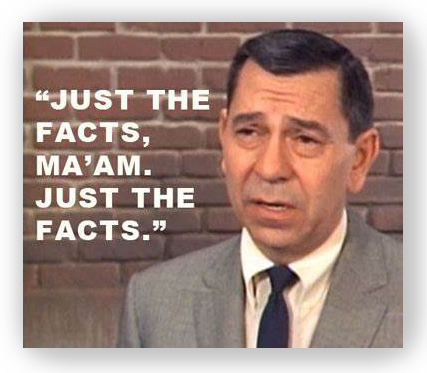We post news and comment on federal criminal justice issues, focused primarily on trial and post-conviction matters, legislative initiatives, and sentencing issues.

JUST THE FACTS
 In 2017, Clifton Odie pled guilty to a drug conspiracy. In the plea agreement, Cliff acknowledged that the government would file a 21 U.S.C. § 851 enhancement (which increases the statutory minimum sentence) based on Cliff’s 2000 Illinois state conviction for possession of a controlled substance in violation of 720 Ill. Comp. Stat. 570/402(c). The § 851 notice increased Cliff’s mandatory minimum term of imprisonment from 5 to 10 years. Cliff agreed in the plea agreement not to challenge the enhanced sentence.
In 2017, Clifton Odie pled guilty to a drug conspiracy. In the plea agreement, Cliff acknowledged that the government would file a 21 U.S.C. § 851 enhancement (which increases the statutory minimum sentence) based on Cliff’s 2000 Illinois state conviction for possession of a controlled substance in violation of 720 Ill. Comp. Stat. 570/402(c). The § 851 notice increased Cliff’s mandatory minimum term of imprisonment from 5 to 10 years. Cliff agreed in the plea agreement not to challenge the enhanced sentence.
But later that year, the 7th Circuit ruled in United States v. De La Torre that 720 Ill. Comp. Stat. 570/402(c) could not serve as a prior felony drug offense under 21 U.S.C. § 851. Although Cliff was way past the basic one-year deadline for a 28 U.S.C. § 2255 motion, he filed anyway, arguing that his motion was timely under § 2255(f)(4), which lets a prisoner file a § 2255 motion within one year of “the date on which the facts supporting the claim or claims presented could have been discovered through the exercise of due diligence.”
The district court held his motion was untimely, despite Cliff’s argument that De La Torre revealed to him the “new fact” that his prior 2000 Illinois state conviction could not qualify as a prior felony drug offense for purposes of the § 851 enhancement.
On appeal, Cliff acknowledged that a judicial decision itself is not a new fact for purposes of § 2255(f)(4) but he argued that the De La Torre decision revealed the “new fact” that his 2000 Illinois state conviction was categorically overbroad under 21 U.S.C. § 851.
 The 8th Circuit didn’t buy it, and last week agreed that Cliff’s § 2255 motion was late. The Circuit said that Cliff was relying on the De La Torre decision as the discoverable fact. The Seventh Circuit, in De La Torre, analyzed federal and state law to reach a legal conclusion about a state statute… [But] De La Torre is a judicial decision that, “unlike a predicate conviction, is a ruling exclusively within the domain of the courts and is incapable of being proved or disproved… To borrow Cliff’s language, the De La Torre holding ‘was a total judicial judgment call. We conclude that Cliff fails to show the existence of a new fact and therefore the limitations period enumerated in § 2255(f)(4) was not triggered by the publication of De La Torre.”
The 8th Circuit didn’t buy it, and last week agreed that Cliff’s § 2255 motion was late. The Circuit said that Cliff was relying on the De La Torre decision as the discoverable fact. The Seventh Circuit, in De La Torre, analyzed federal and state law to reach a legal conclusion about a state statute… [But] De La Torre is a judicial decision that, “unlike a predicate conviction, is a ruling exclusively within the domain of the courts and is incapable of being proved or disproved… To borrow Cliff’s language, the De La Torre holding ‘was a total judicial judgment call. We conclude that Cliff fails to show the existence of a new fact and therefore the limitations period enumerated in § 2255(f)(4) was not triggered by the publication of De La Torre.”
Odie v. United States, Case No 21-2652, 2022 U.S.App. LEXIS 21225 (8th Cir., Aug. 2, 2022)
– Thomas L. Root

